HP just launched the world’s first business PCs designed to protect firmware against quantum hacking
HP is worried about quantum security risks, so it’s upgrading devices to contend with future threats


Sign up today and you will receive a free copy of our Future Focus 2025 report - the leading guidance on AI, cybersecurity and other IT challenges as per 700+ senior executives
You are now subscribed
Your newsletter sign-up was successful
HP has launched what it says are the world’s first business-grade PCs designed specifically to protect firmware from quantum-based cyber attacks.
The manufacturer unveiled the launch of the new device range at its annual partner conference in Las Vegas.
Under the plans, selected devices will be upgraded with HP’s Endpoint Security Controller (ESC) chip, offering users the “most advanced security that ensures the manageability and protection of sensitive and regulated data”.
This added layer of protection and security works by isolating the chip from the processor and operating system, according to Ian Pratt, global head of security for personal systems at HP.
HP said the added protection for these devices will become “progressively important” due to an expected increase in quantum computer attacks in the coming years.
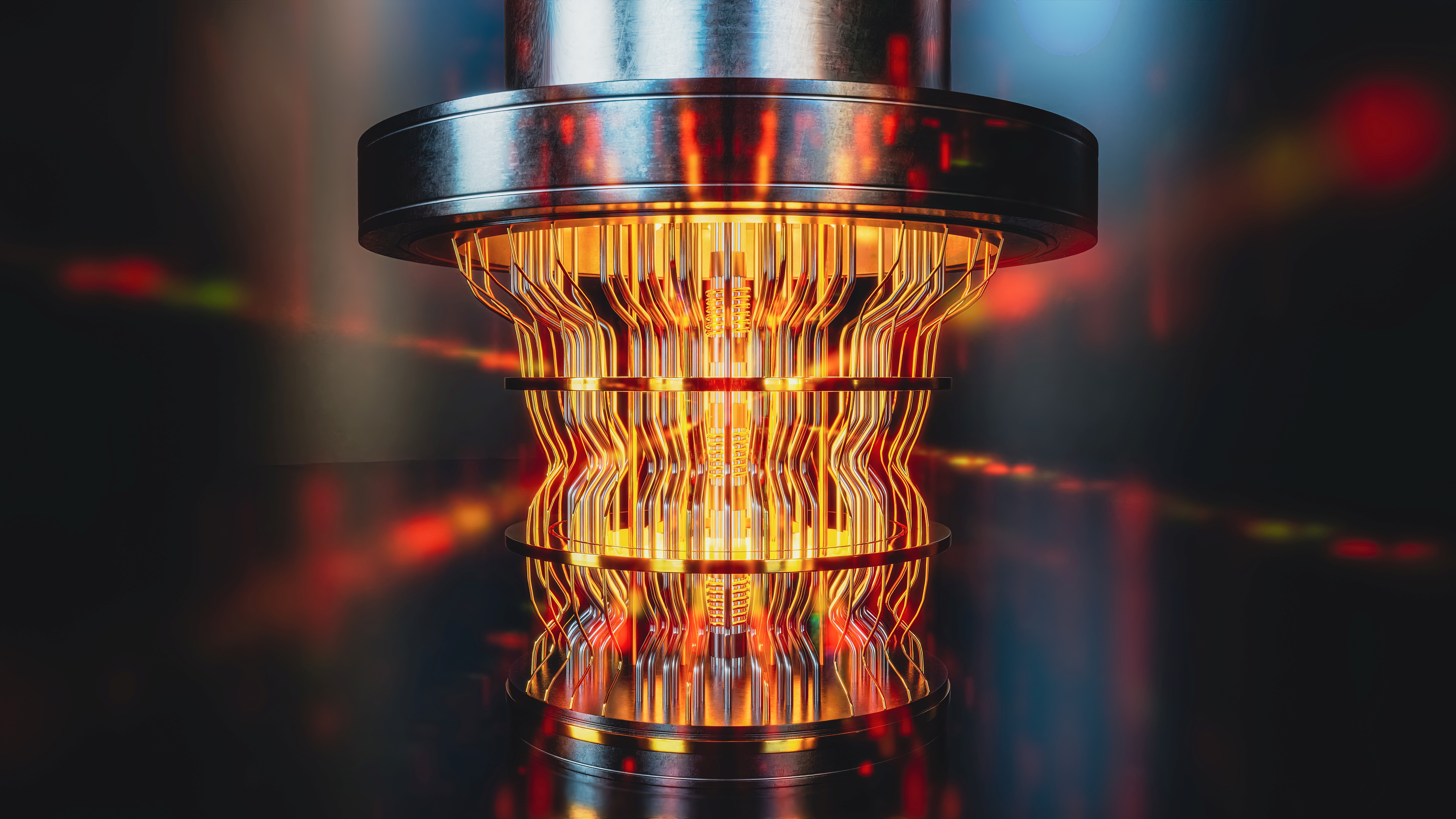
“Research shows that 27% of experts think there is a 50% likelihood of a cryptographically relevant quantum computer (CRQC) by 2033. When that day comes, the security of existing digital signatures on firmware and software will be in question and digital trust will dissolve,” Pratt said.
Pratt noted that while software can be upgraded for the age of quantum computing, hardware can’t, presenting enterprises with potential long-term challenges.
Sign up today and you will receive a free copy of our Future Focus 2025 report - the leading guidance on AI, cybersecurity and other IT challenges as per 700+ senior executives
“That includes some of the cryptography that protects PC firmware,” he added. “With no cryptographic protections in place, no device would be safe – attackers could access and modify the underlying firmware and gain total control.”
HP noted that the launch of the new quantum mitigation features comes at a critical time for the device manufacturing industry – especially given the pace of development in quantum and the added dynamic of device refresh cycles.
RELATED WHITEPAPER

With typical refresh cycles now occurring every three to five years, Pratt said the “migration to post-quantum cryptography must start now”.
“With our 2024 ESC upgrade, the hardware will be in place to protect PC firmware integrity with Quantum-Resistant Cryptography, providing a secure foundation ahead of upgrades to software implementations of cryptography on PCs in future.”
HP move comes amid rising quantum security concerns
Concerns over the potential security risks associated with quantum computing have been rising in unison with the growth of the industry.
The Dutch government has issued guidance on the matter in the form of its Post-Quantum Cryptography (PQC) migration handbook, which called for critical national infrastructure providers to begin efforts to migrate to PQC.
Similarly, the US government has outlined recommendations around migrating to quantum-resistant cryptographic algorithms for firmware signing.
This guidance recommended using quantum-resistant cryptography from 2025 onwards, with a mandatory requirement for these standards by 2030.

Ross Kelly is ITPro's News & Analysis Editor, responsible for leading the brand's news output and in-depth reporting on the latest stories from across the business technology landscape. Ross was previously a Staff Writer, during which time he developed a keen interest in cyber security, business leadership, and emerging technologies.
He graduated from Edinburgh Napier University in 2016 with a BA (Hons) in Journalism, and joined ITPro in 2022 after four years working in technology conference research.
For news pitches, you can contact Ross at ross.kelly@futurenet.com, or on Twitter and LinkedIn.
-
 HP ProBook 4 G1a review: A no-frills business machine for the average office
HP ProBook 4 G1a review: A no-frills business machine for the average officeReviews A serious but dull business laptop, however, HP's ProBook 4 is a decent middle-tier machine
-
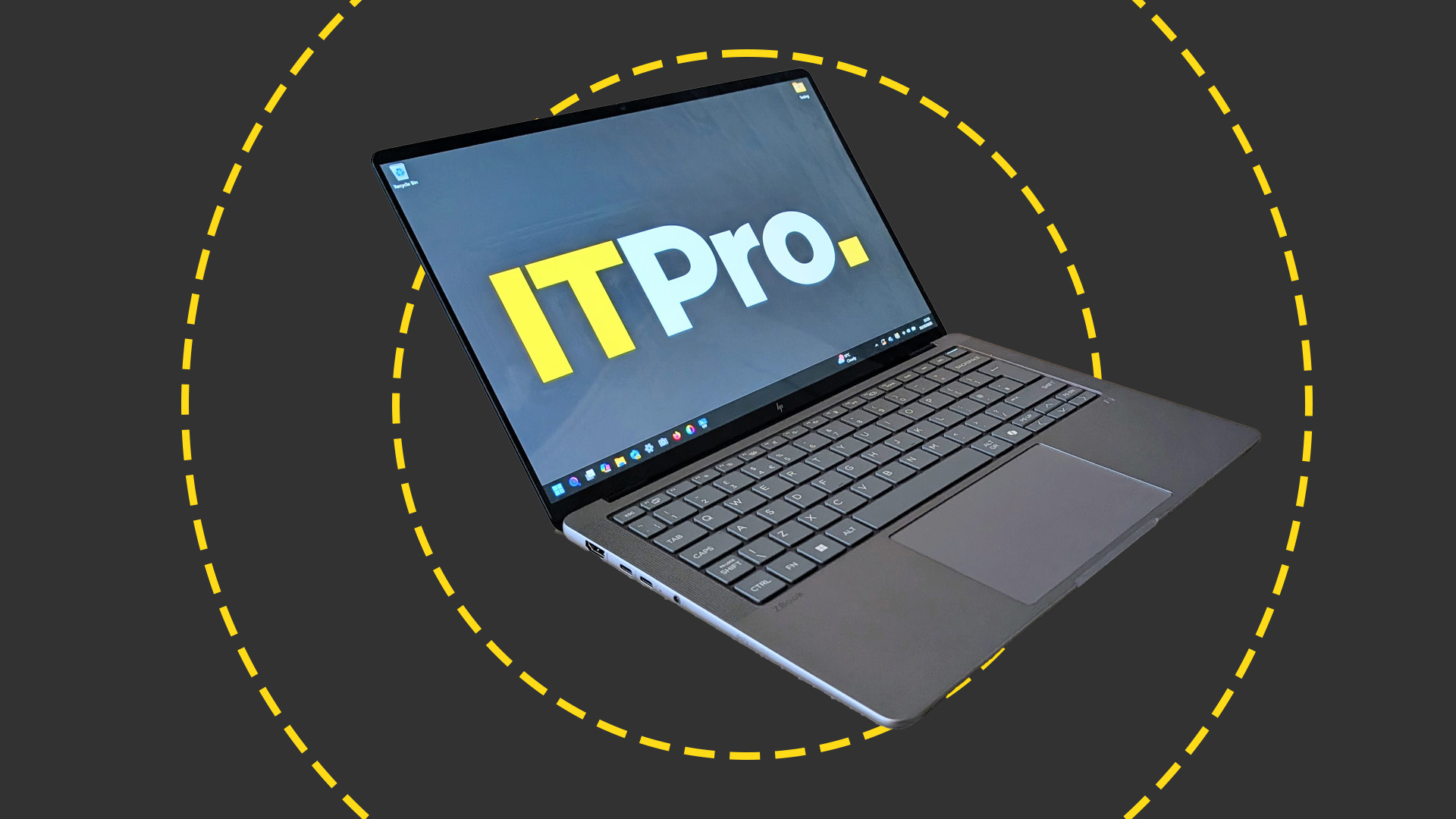 The HP ZBook Ultra G1a offers truly impressive levels of performance – a genuine game-changer
The HP ZBook Ultra G1a offers truly impressive levels of performance – a genuine game-changerReviews AMD's new Ryzen AI Max+ 395 redefines what we can expect from a laptop chipset with an integrated GPU and delivers outstanding performance
-
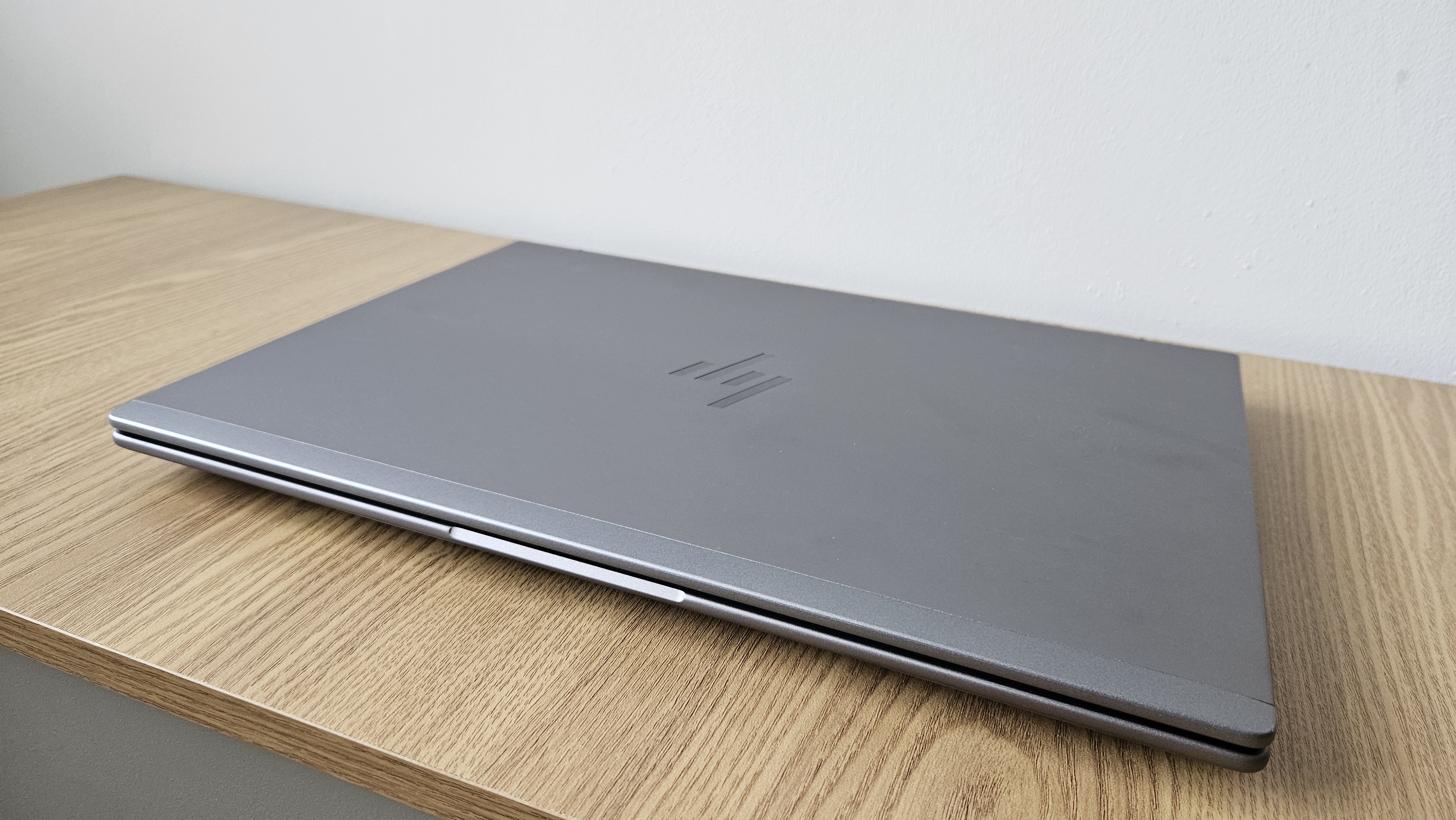 The HP ZBook X G1i is a full-throttle juggernaut – you couldn't ask for much more from a workstation
The HP ZBook X G1i is a full-throttle juggernaut – you couldn't ask for much more from a workstationReviews The HP ZBook X G1i offers almost everything you could want from a workstation, and it's delightful to use
-
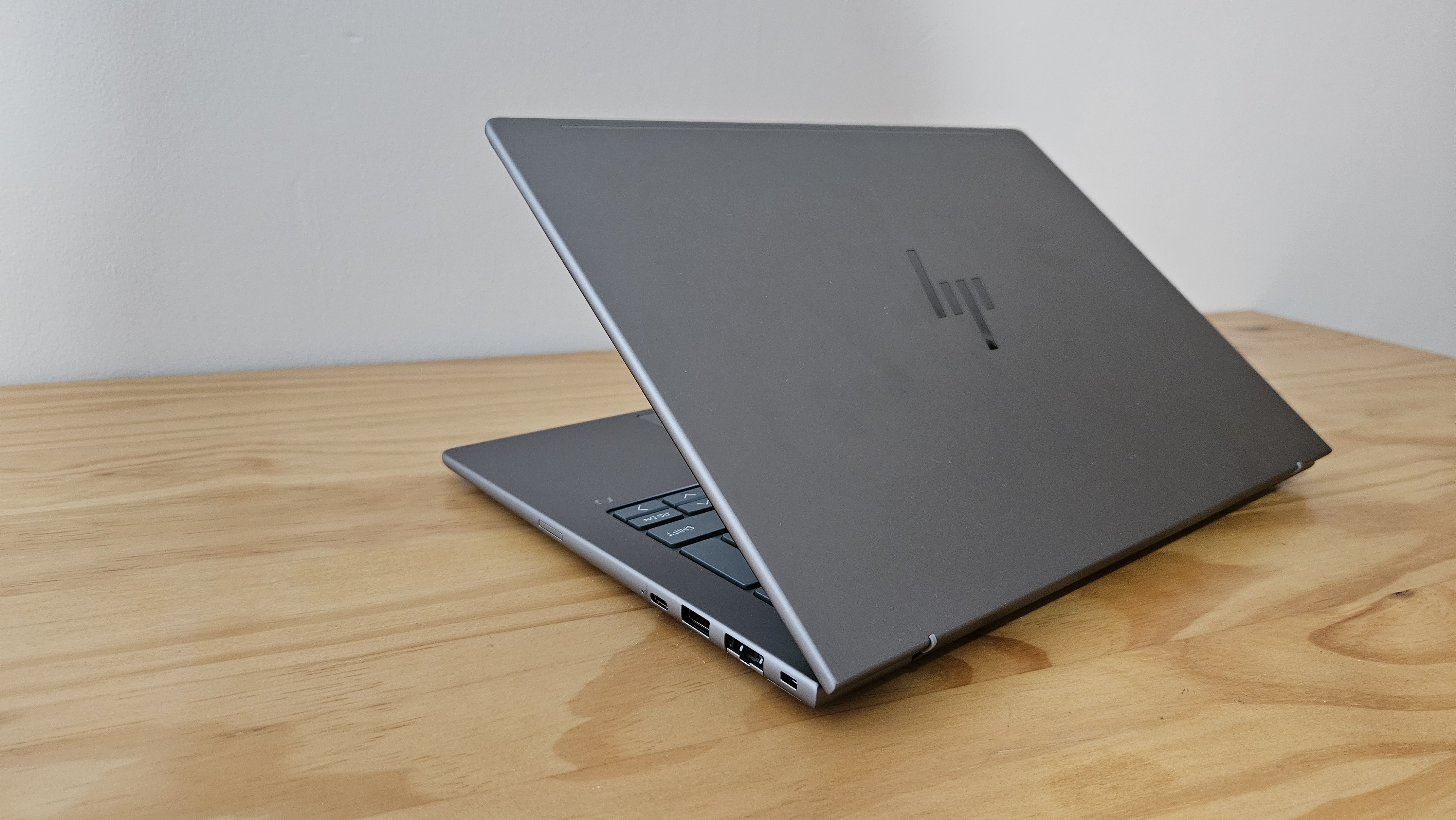 HP ZBook 8 G1ak 14 review: Plenty of promise but falls short
HP ZBook 8 G1ak 14 review: Plenty of promise but falls shortReviews This portable mobile workstation promises so much but fails to deliver in a few key quarters – meaning it's hard to justify its price tag
-
 We're in the age of "mega-tasking," and here's what HP is doing about it
We're in the age of "mega-tasking," and here's what HP is doing about itnews The world's first ultrawide conferencing monitor and a Nvidia-powered workstation aim to tackle our growing work demands
-
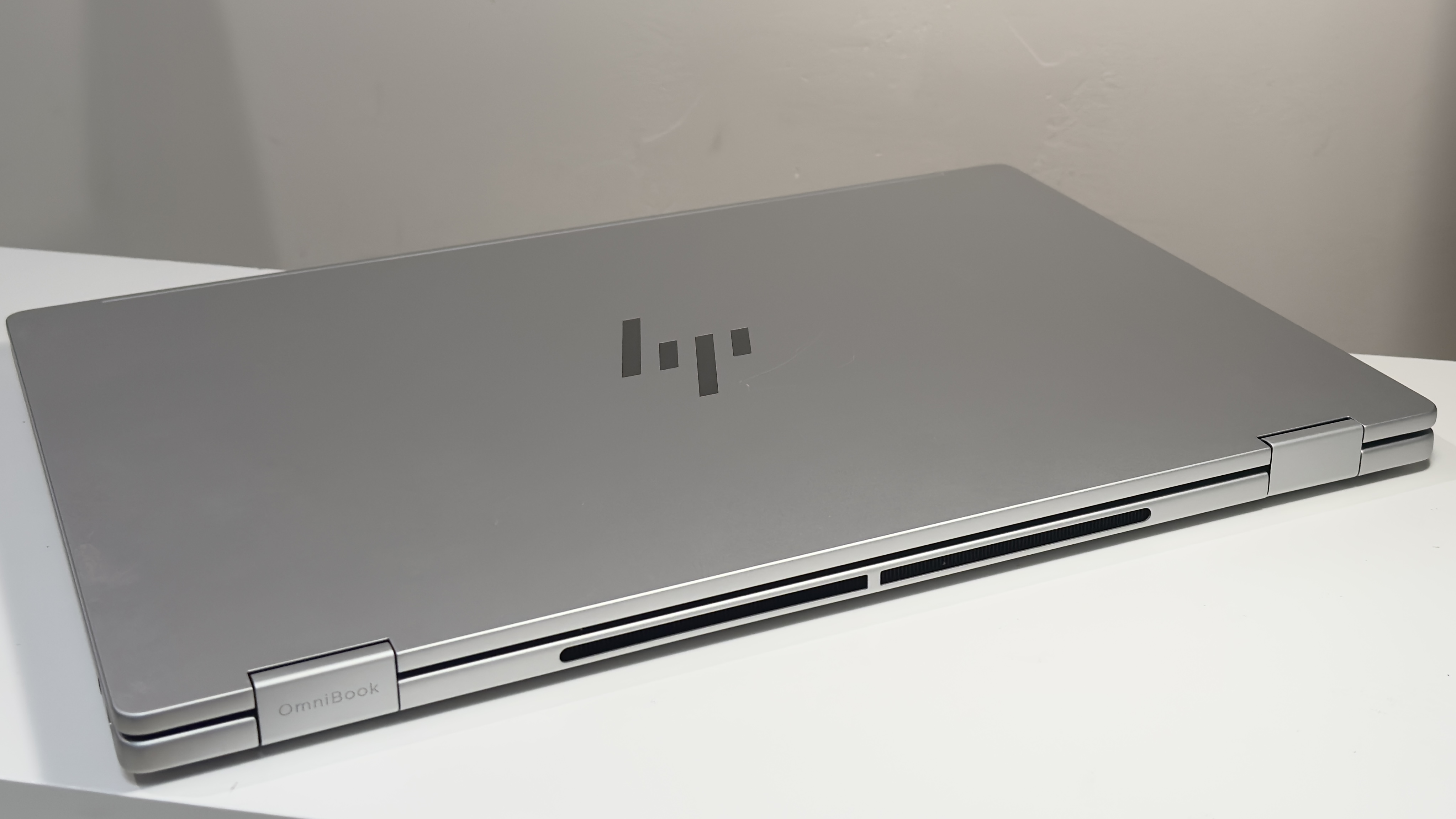 The HP OmniBook X Flip 16 is a brilliant, big, beautiful 2-in-1 laptop – but it's also an absolute bargain
The HP OmniBook X Flip 16 is a brilliant, big, beautiful 2-in-1 laptop – but it's also an absolute bargainReviews HP pairs a gorgeous OLED touchscreen with a smart 2-in-1 design – the result is a superb everyday laptop for sensible money
-
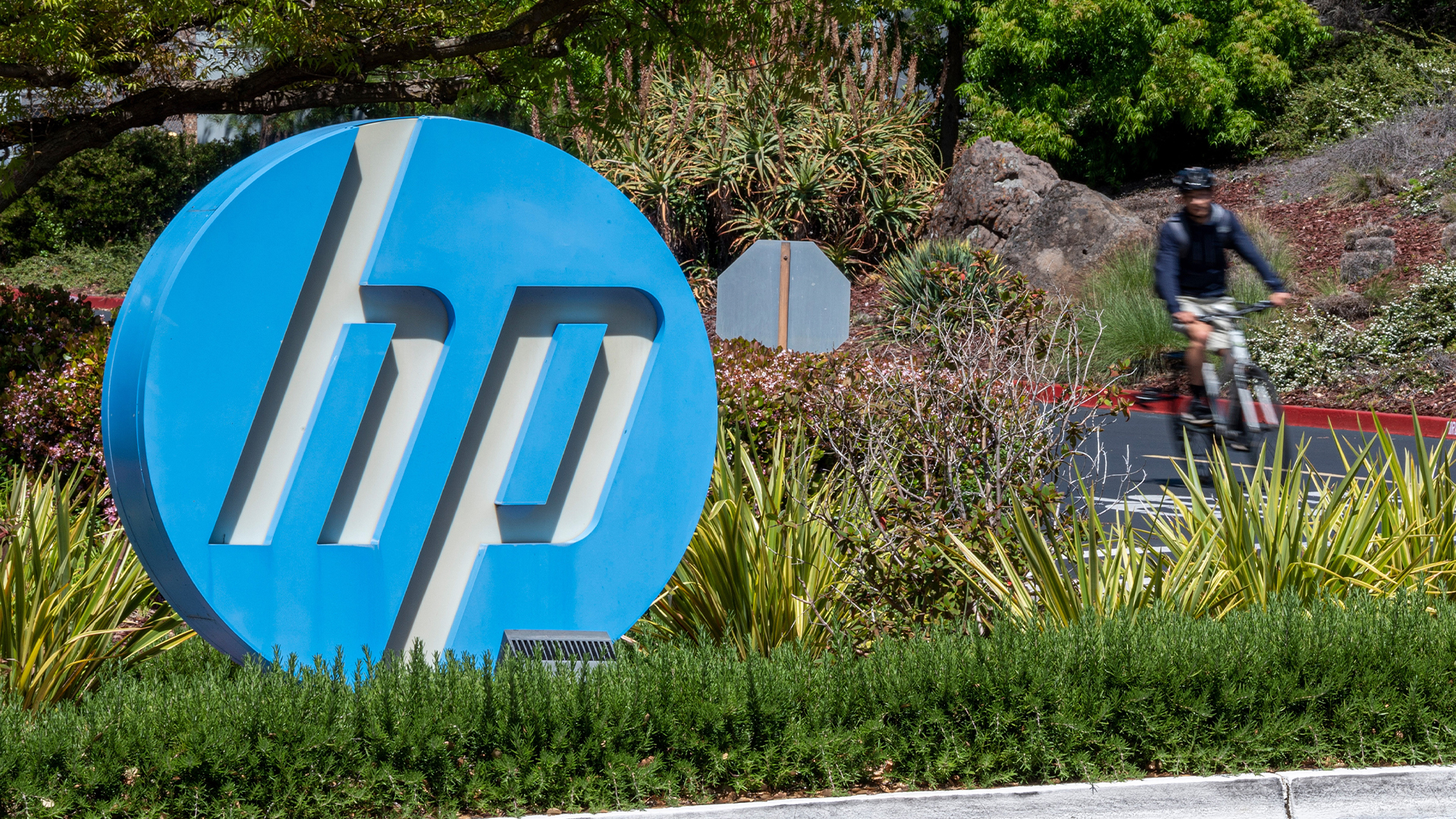 AI PCs are paying dividends for HP as firm reports sales surge
AI PCs are paying dividends for HP as firm reports sales surgeNews HP has pinned recent revenue increases on Windows 11 and AI PC sales
-
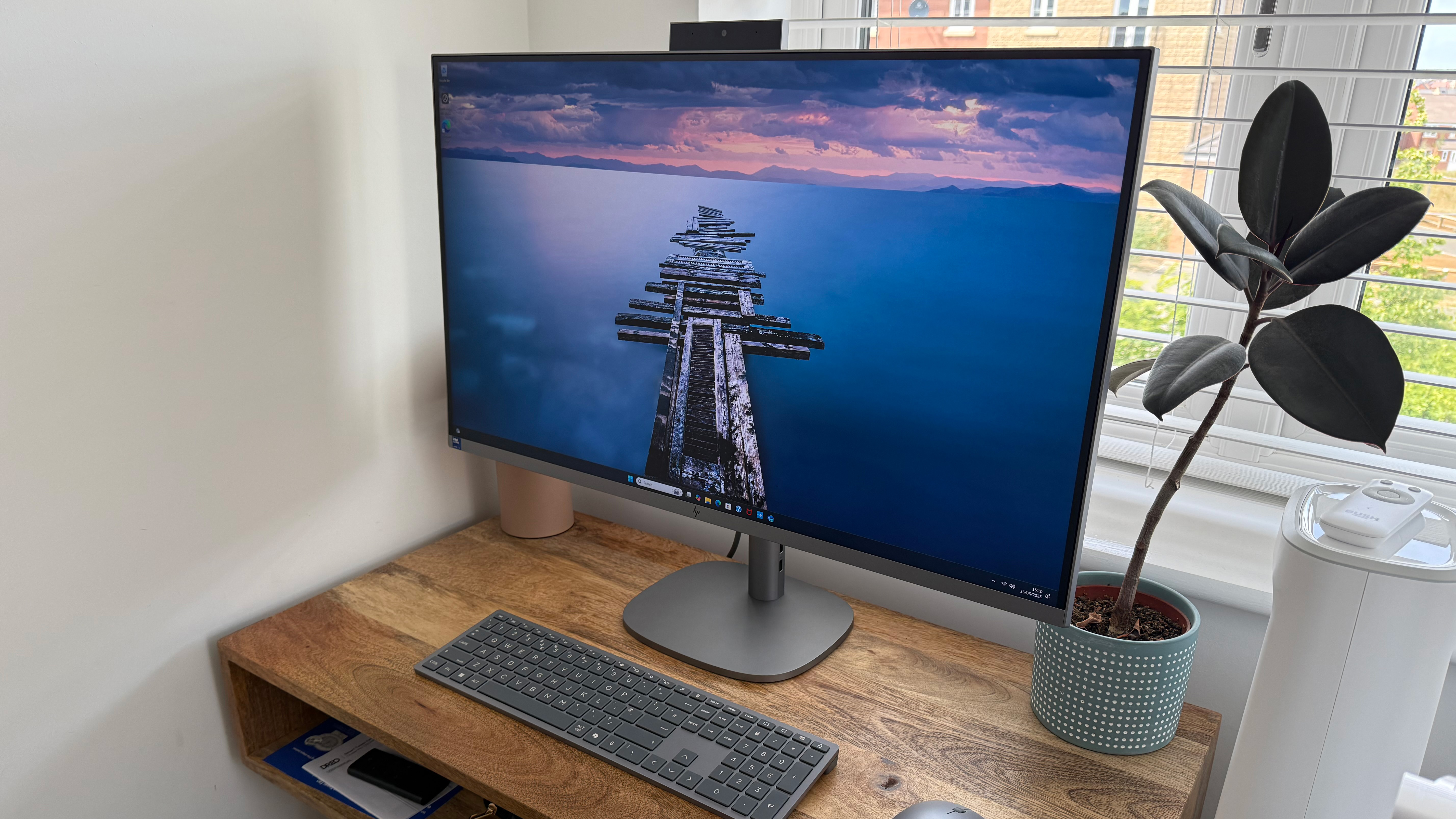 The HP OmniStudio X is a powerful, design-led all-in-one for creative work – but it could do with a stronger GPU
The HP OmniStudio X is a powerful, design-led all-in-one for creative work – but it could do with a stronger GPUReviews HP's answer to the iMac is a premium all-in-one that blends powerful performance with sleek design

